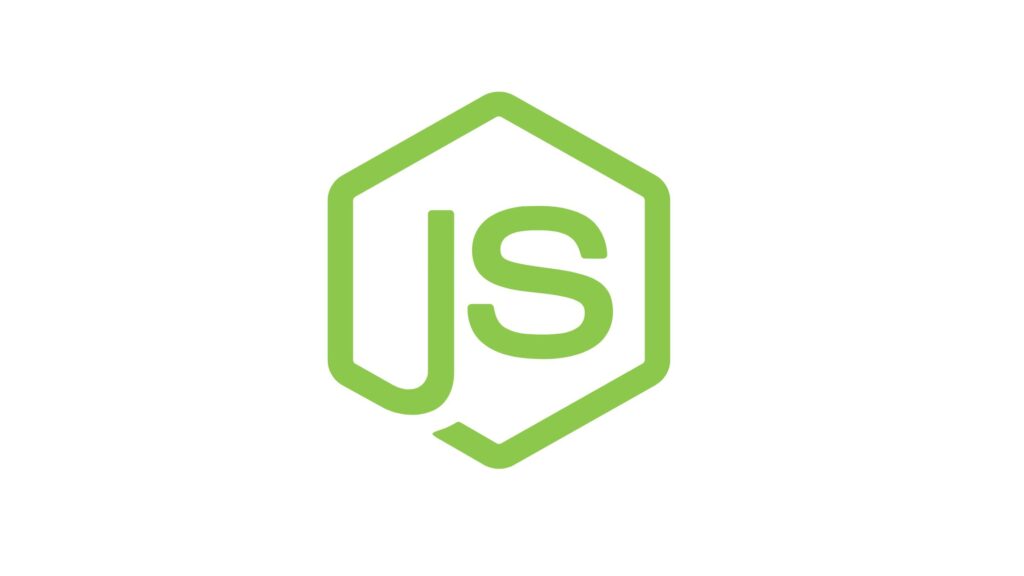In the world of web development, combining the right technologies can significantly enhance your web application’s performance, scalability, and user experience. Two popular choices are React and Node.js. But when should you use them together?
Let’s explore when to use React with Node.js for web application development
What is React?
React is a JavaScript library developed by Facebook for building user interfaces, especially single-page applications where you need a fast, responsive user experience. It allows developers to create reusable UI components, making the development process more efficient and manageable.
What is Node.js?
Node.js is a JavaScript runtime built on Chrome’s V8 JavaScript engine. It allows you to run JavaScript code on the server side, enabling you to build scalable network applications. Node.js is event-driven and non-blocking, making it ideal for real-time applications that handle multiple simultaneous connections.
When to Use React with Node.js
-
Single Page Applications (SPAs):
- SPAs are web applications that load a single HTML page and dynamically update the content as the user interacts with the app. Using React for the front-end allows for a seamless and responsive user experience. Node.js on the back-end can efficiently handle the asynchronous data requests, providing the necessary data to React components.
-
Real-Time Data Applications:
- Applications like chat apps, online gaming, or live data dashboards benefit from real-time data updates. Node.js’s event-driven architecture is perfect for handling real-time data, while React ensures that these updates are reflected instantly on the user interface.
-
Scalability:
- If your web application needs to handle a large number of concurrent users, Node.js can manage numerous simultaneous connections efficiently. React, on the other hand, allows for a smooth user experience, even with high traffic.
-
Full-Stack JavaScript Development:
- Using JavaScript for both front-end and back-end development simplifies the development process. Developers can share code between the client and server, reducing the learning curve and improving productivity. React takes care of the front-end while Node.js manages the server-side logic.
-
Microservices Architecture:
- When building a microservices-based application, Node.js can serve as a lightweight, fast, and efficient back-end service. React can be used to create a dynamic front-end that interacts with these services, resulting in a modular and scalable application.
-
Server-Side Rendering (SSR):
- SSR improves the performance and SEO of your web application by rendering the initial HTML on the server side. Using Node.js with React allows you to easily implement SSR, providing a better user experience and faster load times.
-
API Integration:
- Modern web applications often need to integrate with various third-party APIs. Node.js is well-suited for handling API requests and managing data exchanges. React can then present this data to the users in an interactive and engaging way.
Benefits of Using React with Node.js
- Improved Performance: The combination of React’s virtual DOM and Node.js’s non-blocking architecture ensures high performance.
- Seamless Development: With JavaScript on both the front-end and back-end, developers can work more cohesively and efficiently.
- Scalability: Node.js can handle large numbers of simultaneous connections, and React’s component-based architecture makes it easy to scale the user interface.
- Better User Experience: React provides a fast, responsive, and interactive user experience, while Node.js ensures quick data handling and processing.
Conclusion
Using React with Node.js can significantly enhance your web application’s performance, scalability, and user experience. This combination is especially beneficial for single-page applications, real-time data apps, and scenarios where full-stack JavaScript development is desired. By leveraging the strengths of both technologies, you can build powerful, efficient, and user-friendly web applications. If you’re looking to maximize these benefits, it’s wise to hire ReactJS developers who have the expertise to seamlessly integrate React and Node.js into your project, ensuring top-notch results.



